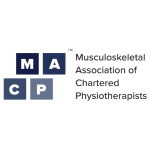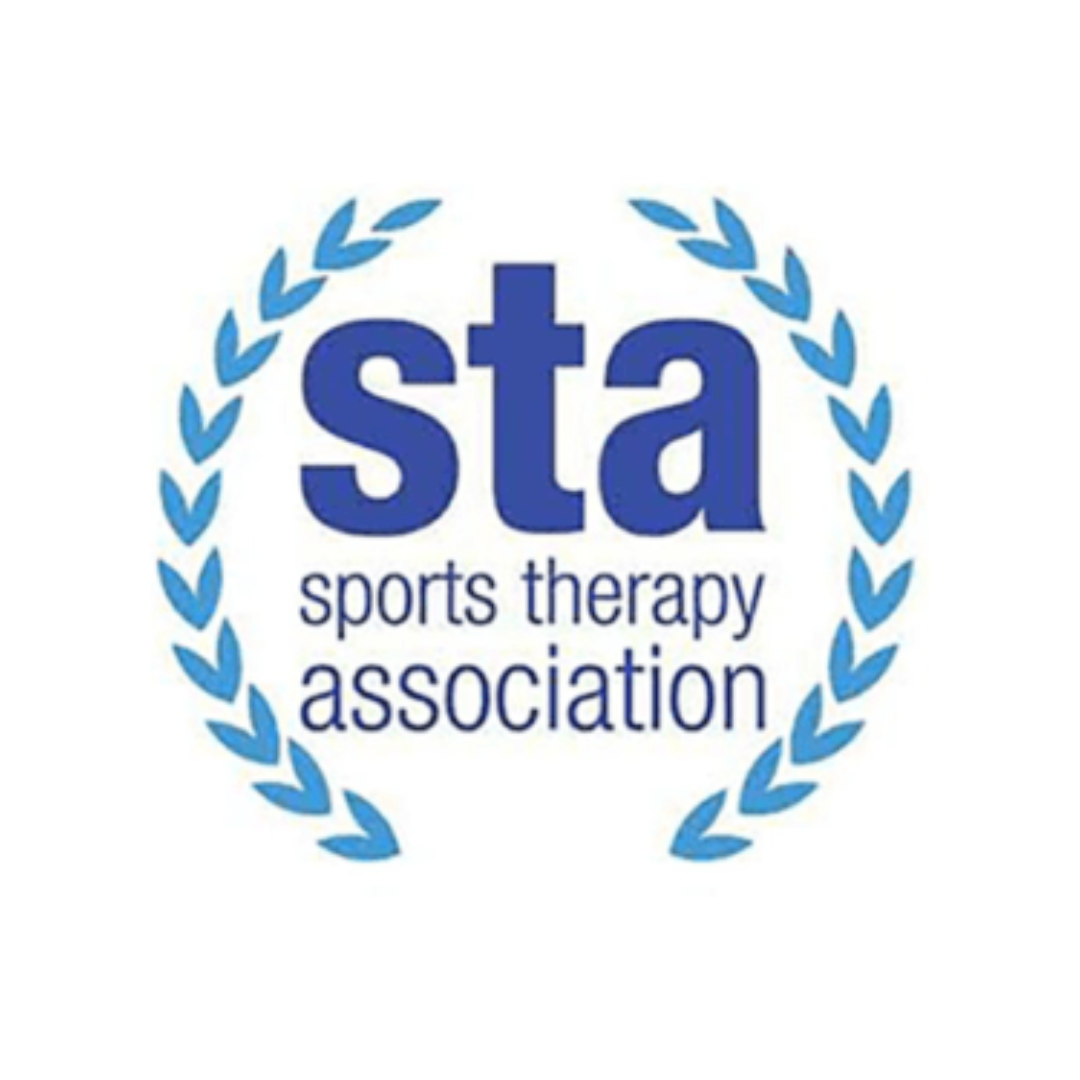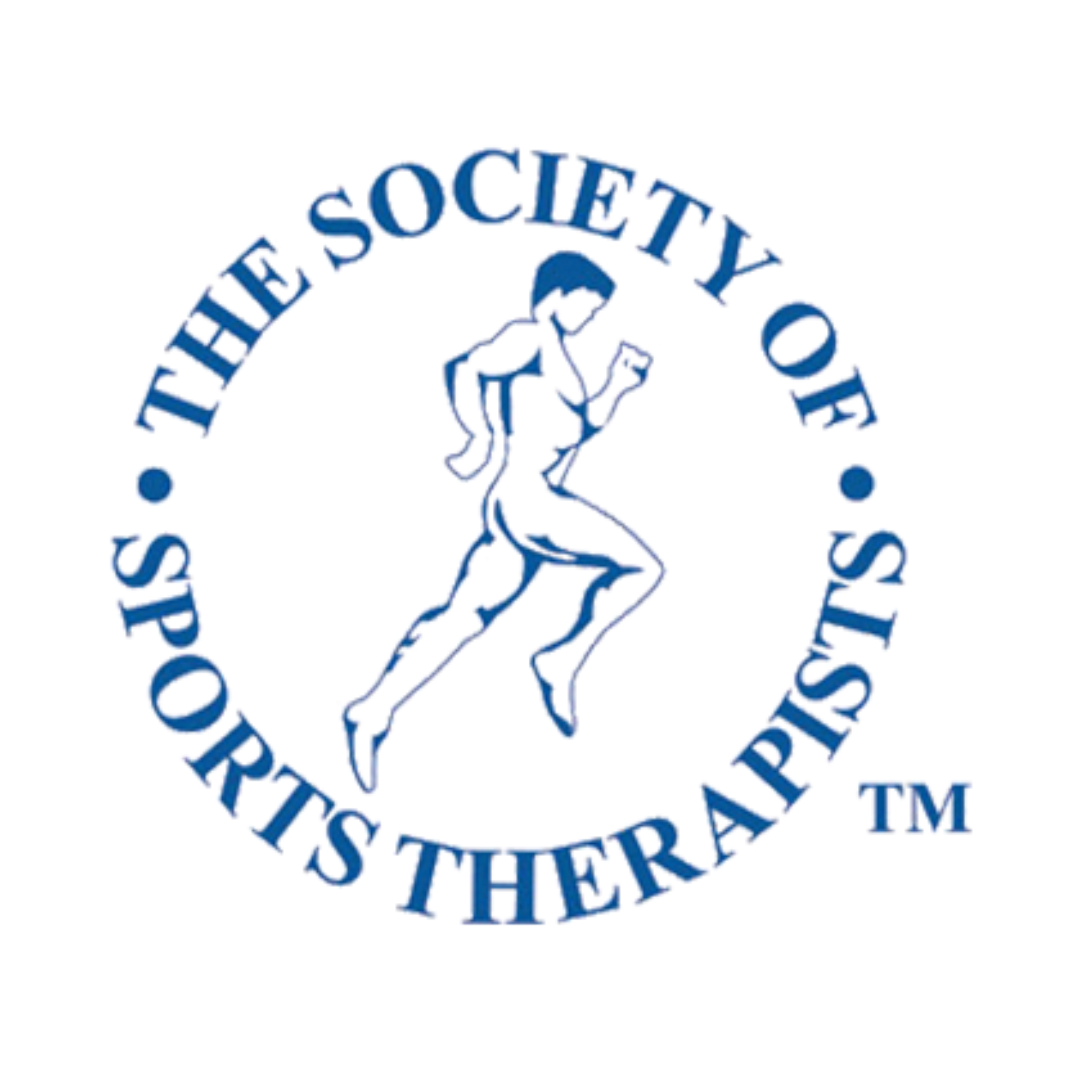Session Spotlight: Tailoring strength training for older adults with Chris Tiley
)
Chris is passionate about introducing strength training to older adults and those who never thought that they would be able to do it. He loves seeing the results that they achieve, seeing their confidence grow, and seeing how much it brings back to their everyday lives. He created the brand 'Never Too Old to Lift' to inspire as many older adults as possible to start strength training.
During his conference session at Therapy Expo 2024, Chris discussed the challenges and importance of strength training for older adults, emphasising the need to address psychological barriers such as limiting beliefs and past negative experiences. He highlighted the significant health benefits of strength training, including reduced risks of respiratory, cardiac, and neurological diseases, and the importance of adapting exercises to individual needs, especially for those dealing with menopause, tendon pain, and fatigue. Chris stressed the importance of small, incremental steps and creating a safe, supportive environment to ensure successful engagement in strength training programs.
Chris began his presentation by sharing a poignant Reddit forum post that was massively reflective of the struggles that many older adults face, feeling dismissed, exhausted, and intimidated by the fitness world.
Scientifically, the stakes are high. Muscle strength loss is not merely a cosmetic concern but a critical health issue. As people age, they become increasingly vulnerable to a range of complex conditions, including respiratory diseases, cardiac problems, diabetes, dementia, and osteoporosis. Chris frames strength training as a powerful remedial opportunity, offering a lifeline for those navigating these age-related health challenges. He delves deep into the psychological landscape of aging, revealing how limiting beliefs can be more restrictive than physical limitations. Using a compelling analogy of an ant and spider constrained by an imaginary line, he illustrates how mental barriers can prevent personal growth. Many older adults believe they're too old to start exercising, that certain medical conditions make fitness impossible, or that they'll inevitably decline with age.
Chris also makes specific reference to addressing the challenges faced by women during menopause. This life stage brings a complex array of physical and emotional challenges: increased fatigue, tendon pain, weight gain, and reduced oestrogen levels that impact muscle and tendon recovery. He highlights that many women between the ages of 40 - 60 struggle to meet physical activity guidelines, largely due to misconceptions and fears about their changing bodies. But strength training provides hope. Studies show that strength training can alleviate menopausal symptoms, reduce hot flushes, and improve overall quality of life. However, translating this potential into reality requires a radical reimagining of how fitness professionals approach older adult training.
Chris emphasises the importance of adaptation and personalisation. Rehabilitation professionals must become skilled, empathetic listeners, crafting exercise programs that respect individual limitations and psychological barriers. This means creating a supportive environment that prioritises safety, builds confidence, and recognises that progress is not linear.
Key strategies include starting with small, manageable steps, adapting exercises to individual capabilities, and providing constant reassurance. This might mean modifying exercise depth, using different types of weights, or creating safety nets like chairs or spotters. The goal is to build confidence gradually, helping patients overcome their initial hesitations. Chris recommends starting with lighter weights, using fixed machines to build initial confidence, breaking workouts into manageable sessions, and constantly adjusting approaches based on daily energy and pain levels. The focus is on gentle, consistent progress rather than aggressive training.
Chris continues by reiterating his emphasis on the importance of psychological support. By exploring patients' past experiences, addressing their fears, and providing comprehensive education, professionals can transform exercise from a dreaded task to an empowering journey of self-discovery and health restoration. The approach becomes holistic, recognising that exercise is not just about physical metrics, but about rebuilding confidence, challenging limiting beliefs, and reconnecting with one's body.
Chris advocates for a compassionate, individualised approach that sees beyond age-related stereotypes and recognises the potential for transformation at every stage of life. Chris challenges our audience to look beyond traditional training models, to become educators, psychologists, and supportive guides. The message is clear: age is not a limitation, but an opportunity for growth, strength, and renewed vitality. Chris’ work is more than a training guide; it's a manifesto for reimagining aging. By understanding the intricate interplay of physical capabilities, psychological barriers, and individual experiences, we can create a more inclusive, supportive approach to fitness that empowers older adults to reclaim their strength, confidence, and joy of movement.
Check out the full session recording here:



.png)
.png)







.png)


